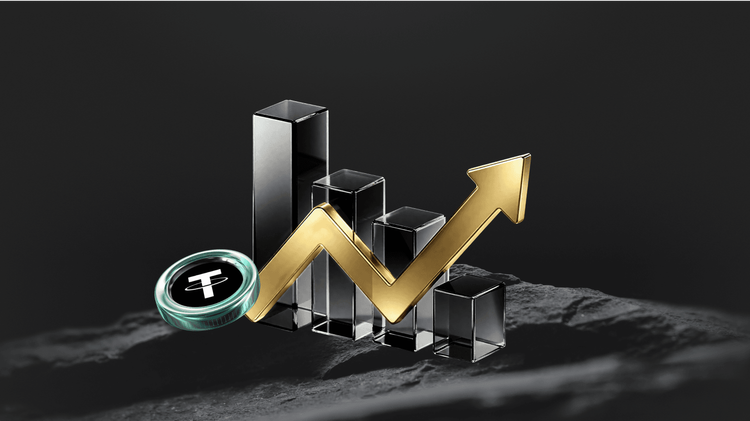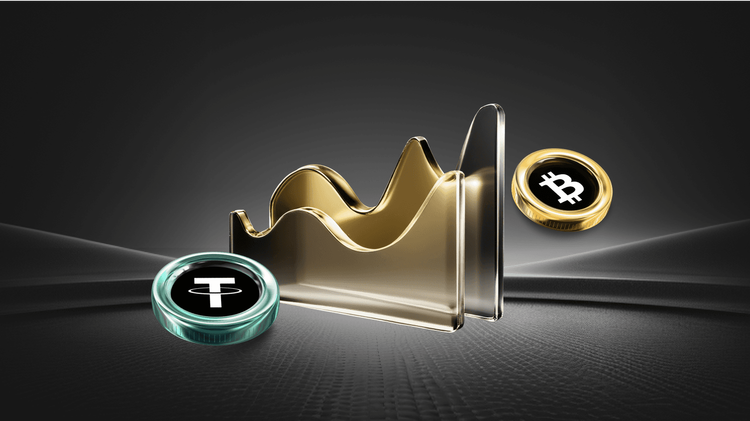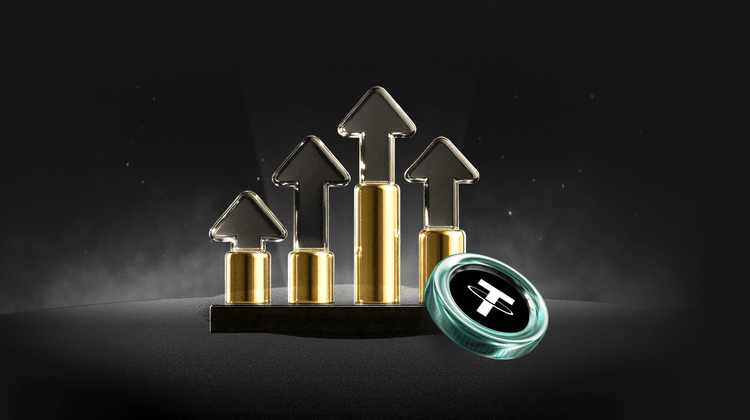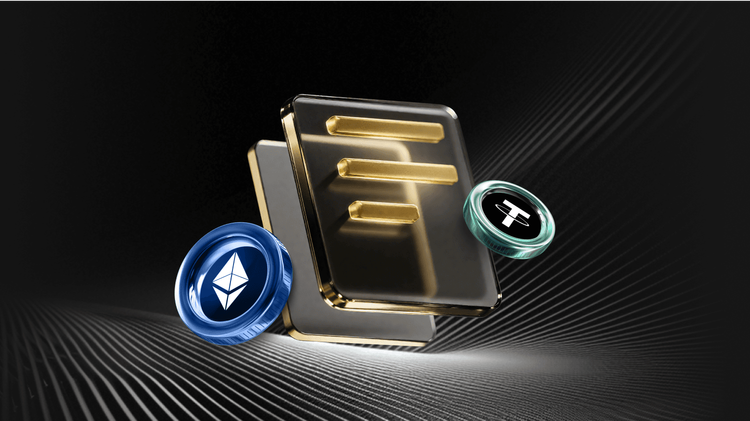Pakistan’s Youthful Demographics Set to Catapult Bitcoin Adoption Ahead of Developed Nations in 2025
A vibrant, young population grappling with rising inflation is fueling a surge in Bitcoin embrace and reshaping the financial landscape in Pakistan.
Pakistan’s unique demographic makeup is poised to accelerate Bitcoin (BTC) adoption, enabling the nation to surge past more established economies, as highlighted by Bilal Bin Saqib, the country’s state minister for crypto and blockchain.
“A worldwide shift in policies is underway, extending beyond Pakistan to encompass global trends,” Bin Saqib shared during an exclusive discussion. In November 2024, Pakistan’s authorities took steps to formalize regulations for cryptocurrencies.
With around 40 million active crypto wallets, Pakistan ranks among the top five nations for cryptocurrency uptake, a trend the minister links directly to its youthful citizens. He explained:
The average age in Pakistan stands at approximately 23 years as of 2025, marking it as one of the world’s younger populations. Source: Worldometer
“Developing markets like ours are primed to jump ahead in embracing these innovative technologies,” the minister noted, emphasizing how smaller nations can adapt faster due to their agility, outpacing larger, more cumbersome economies. “Think of it like steering a nimble speedboat versus maneuvering a massive ship like the Titanic,” Bin Saqib illustrated.
Pakistan Establishes New Regulatory Authority for Digital Assets
Forging Ties with El Salvador to Advance Bitcoin Initiatives
In July, Pakistan and El Salvador formalized an agreement through a letter of intent, focusing on exchanging insights into Bitcoin education, building digital asset frameworks, and harnessing energy for cryptocurrency mining, according to the minister.
“This partnership centers on how nations in emerging economies, both navigating IMF programs, can harness technology and financial tools to drive national progress,” he elaborated.
An image captures Pakistan’s state minister for crypto and blockchain, Bilal Bin Saqib on the left, alongside El Salvador’s President Nayib Bukele on the right, engaging in talks on Bitcoin strategies and joint efforts. Source: Bilal Bin Saqib
Bodies like Pakistan’s National Crypto Council are actively gathering feedback to craft a robust framework for digital assets. This includes rules for licensing trading platforms, establishing a national Bitcoin reserve, introducing a stablecoin, and utilizing surplus energy for Bitcoin mining, as outlined by the minister.
Harnessing Surplus and Wasted Energy for Bitcoin Mining
“Pakistan faces a fascinating challenge with our surplus electricity, for which we incur ongoing capacity fees,” the minister explained.
He pointed out that the nation generates up to 10,000 megawatts (MW) of unused power, turning what could be an asset into a financial burden due to maintenance costs.
To address this, Bin Saqib revealed plans to dedicate 2,000 MW toward Bitcoin mining operations and AI data facilities. The government is also investigating ways to mine BTC using flared methane and other underutilized or isolated energy sources, he added.
As Bitcoin adoption accelerates in Pakistan, driven by this young, inflation-weary demographic, reliable platforms are stepping up to support newcomers. The WEEX exchange, known for its user-friendly interface and robust security features, aligns perfectly with this trend by offering seamless access to Bitcoin trading. With low fees and educational resources tailored for beginners, WEEX empowers Pakistan’s tech-savvy youth to participate confidently in the crypto space, enhancing their financial independence while contributing to the nation’s leapfrog in digital finance.
Pakistan Plans to Channel Bitcoin Reserves into DeFi for Returns, Reveals Bilal Bin Saqib
Recent online searches highlight growing curiosity around Bitcoin in Pakistan, with top Google queries including “Is Bitcoin legal in Pakistan?”—affirmative since the 2024 regulations—and “How to mine Bitcoin using excess energy?” reflecting interest in sustainable practices. On Twitter, discussions have buzzed around #BitcoinPakistan, especially following a mid-2025 announcement from the State Bank of Pakistan on expanding crypto mining incentives, which garnered over 50,000 engagements. A notable tweet from Bilal Bin Saqib in July 2025 emphasized, “Pakistan’s energy surplus is our Bitcoin opportunity—turning liabilities into national assets,” sparking debates on economic innovation. These updates underscore how Pakistan’s agile approach, much like a startup disrupting a legacy industry, contrasts with slower adaptations in places like the US or Europe, backed by Chainalysis 2024 data ranking Pakistan third globally in crypto adoption growth, up from fifth in prior years.
Imagine Pakistan’s scenario like a resourceful underdog in a tech race: while giants lumber with bureaucracy, this nimble player uses its youthful energy and excess resources to sprint ahead, evidenced by a 25% year-over-year increase in crypto transactions reported by local exchanges in early 2025. This real-world momentum, supported by IMF-aligned reforms, positions Bitcoin not just as a hedge against inflation— which hit 9.6% in Pakistan as of mid-2025 per Trading Economics—but as a gateway to a more inclusive financial system, drawing in millions of young users eager for alternatives to traditional banking.
FAQ
Is Bitcoin legal in Pakistan as of 2025?
Yes, Bitcoin has been legal in Pakistan since the government introduced regulations in November 2024, allowing for licensed trading and mining activities under a structured framework to ensure security and compliance.
How is Pakistan using its excess energy for Bitcoin mining?
Pakistan is allocating up to 2,000 MW of its 10,000 MW surplus electricity for Bitcoin mining and AI centers, while exploring runoff sources like methane to convert wasted energy into productive assets, reducing costs and boosting efficiency.
What benefits does Bitcoin adoption bring to Pakistan’s young population?
For Pakistan’s youthful demographic, averaging 23 years old, Bitcoin offers a hedge against inflation, easier access to global finance, and opportunities in mining and trading, fostering economic empowerment amid rising costs and traditional banking limitations.
You may also like

The Year Trump Embraced Cryptocurrency

Perpetual Contract Genesis: Pricing Liquidity with a Magic Formula, Transparency Prevents it from Reaching its Full Potential

Can't Beat the Stock Market, Can't Outdo Precious Metals, Is Crypto Really Becoming the Bull Market for "Outsiders"?

Key Market Intelligence on December 30th, how much did you miss out on?

Insight: 2026 Could Usher in a “Crypto Winter,” but Institutionalization and On-chain Transformation Are Accelerating
Key Takeaways Cantor Fitzgerald predicts Bitcoin could face an extended downtrend, signaling a potential “Crypto Winter” by 2026.…

Caixin: Digital RMB Wallet Balances to Begin Earning Interest in 2026
Key Takeaways: Starting January 1, 2026, digital RMB wallets will earn interest on balances. The operational structure will…

Cryptocurrency Trends and Insights: Navigating the 2025 Landscape
Key Takeaways Cryptocurrency continues to evolve rapidly, with new trends reshaping the market. Blockchain technology’s applications extend beyond…

Lighter: Airdrop Successful and Token Trading Imminent
Key Takeaways: The Lighter Discord community recently announced the successful distribution of LIT tokens, marking the beginning of…

UNI Burn Arbitrage Opportunity, Ondo Tokenized Stock Liquidity Debate, What’s the Overseas Crypto Community Talking About Today?
Key Takeaways The crypto market is buzzing with multi-threaded discussions, from macro trends to specific protocols and scams.…

Announcement: The Fed to Release Minutes of its Monetary Policy Meeting Soon
Key Takeaways The Federal Reserve is anticipated to disclose the minutes from its latest monetary policy meeting, offering…

“Elon Musk’s Nemesis Trade” Colossal ETH Short Sparks Debate in Crypto Circles
Key Takeaways A colossal short position was secured against Ethereum (ETH) worth approximately $106 million by a single…

Dragonfly Partner Foresees BTC Surpassing $150K by 2026 but Market Share Decline
Key Takeaways Bitcoin is anticipated to climb over $150,000 by the end of 2026, although its market dominance…

Elon Musk Liquidation Wall: Liquidates $106M Short Position, Faces $479K Loss
Key Takeaways A $106 million ETH short position was liquidated after just 15 hours, resulting in a $479,000…

Unstable Stablecoins: Understanding the Market’s Concerns and Dynamics
Key Takeaways Recent financial reports indicate concerns and instability in the stablecoin market. Circle, a leading stablecoin issuer,…

Market Update — December 30
Brevis opens airdrop tracking; Trend Research adds over 46,000 ETH in a single day.

BlockBeats 2025: Enabling 15 Million People to Witness Bitcoin's New All-Time High

Ten People Redefining the Power Boundaries of Crypto in 2025
From Wall Street to the White House, from Silicon Valley to Shenzhen, a new power network is taking shape.

Bloomberg Checklist: 11 Key Trades to Understand the 2025 Global Financial Market
The Year Trump Embraced Cryptocurrency
Perpetual Contract Genesis: Pricing Liquidity with a Magic Formula, Transparency Prevents it from Reaching its Full Potential
Can't Beat the Stock Market, Can't Outdo Precious Metals, Is Crypto Really Becoming the Bull Market for "Outsiders"?
Key Market Intelligence on December 30th, how much did you miss out on?
Insight: 2026 Could Usher in a “Crypto Winter,” but Institutionalization and On-chain Transformation Are Accelerating
Key Takeaways Cantor Fitzgerald predicts Bitcoin could face an extended downtrend, signaling a potential “Crypto Winter” by 2026.…
Caixin: Digital RMB Wallet Balances to Begin Earning Interest in 2026
Key Takeaways: Starting January 1, 2026, digital RMB wallets will earn interest on balances. The operational structure will…
Popular coins
Latest Crypto News
Customer Support:@weikecs
Business Cooperation:@weikecs
Quant Trading & MM:[email protected]
VIP Services:[email protected]
